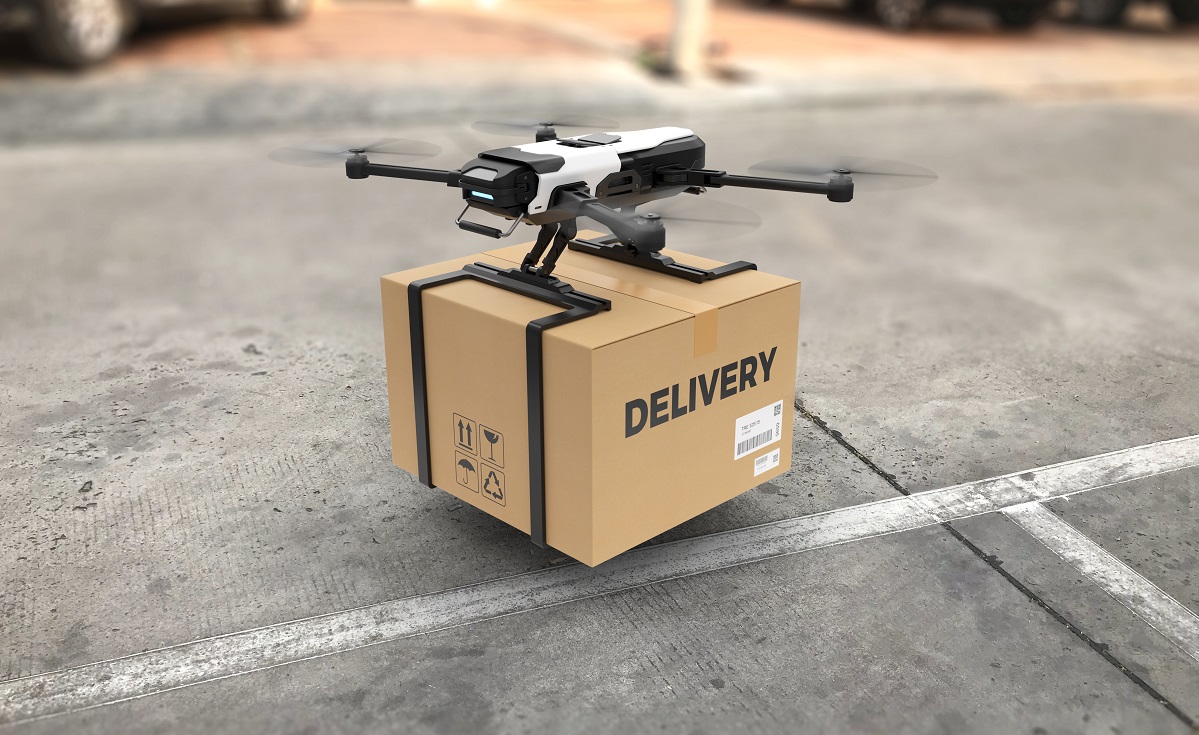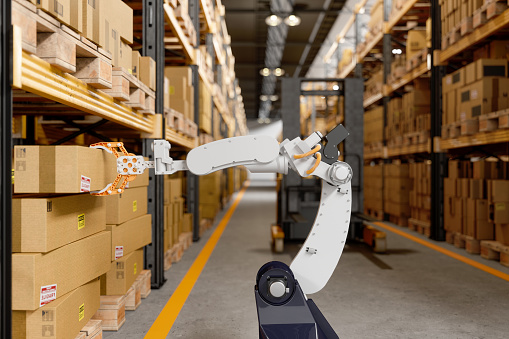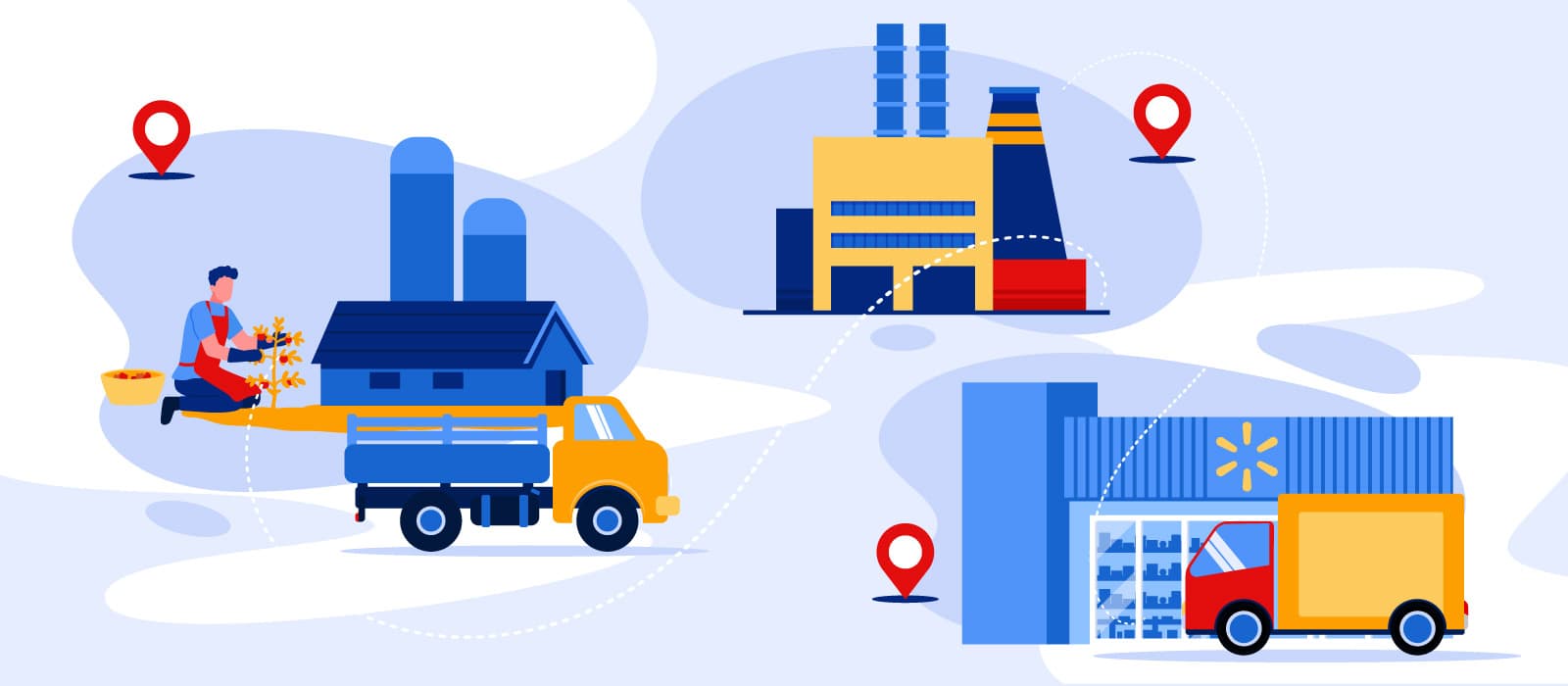The Future of Logistics Embracing Disruption and Driving Efficiency
The logistics industry has undergone significant transformations in recent years, driven by advancements in technology, changing consumer expectations, and global market dynamics. As we peer into the future, it becomes clear that logistics is poised for even more profound changes. From autonomous vehicles to smart warehouses and blockchain-enabled supply chains, the future of logistics holds immense potential for enhancing efficiency, sustainability, and customer satisfaction. In this article, we will explore the key trends and innovations that are shaping the future of logistics.
Autonomous Vehicles and Drone Deliveries

Autonomous vehicles and drones are revolutionizing last-mile delivery and transportation logistics. With advanced sensors, artificial intelligence, and machine learning algorithms, self-driving vehicles can navigate complex urban environments, optimizing route planning, reducing fuel consumption, and minimizing human errors. This technology not only improves safety but also offers significant cost savings for logistics companies. Furthermore, the development of unmanned aerial vehicles (UAVs) enables quick and efficient delivery of packages to remote or congested areas, transforming the delivery landscape.
Internet of Things (IoT) and Real-Time Tracking

The Internet of Things (IoT) is set to have a profound impact on logistics operations. By equipping physical objects with sensors and connectivity, companies can gather real-time data on shipments, vehicles, and warehouse inventories. This allows for enhanced visibility and transparency throughout the supply chain, enabling companies to optimize inventory management, track assets, and predict maintenance needs. IoT-powered logistics systems streamline operations, reduce costs, and enable faster response times to unforeseen events or disruptions.
Robotics and Automation in Warehousing

The future of logistics will witness the increasing adoption of robotics and automation in warehousing operations. Autonomous guided vehicles (AGVs) and robots can handle repetitive tasks, such as sorting, picking, and packing, with precision and efficiency. These technologies not only improve productivity but also minimize the risk of workplace accidents and injuries. Collaborative robots, or cobots, work alongside human workers, enhancing their capabilities and allowing for more complex operations. The integration of robotics and automation leads to faster order fulfillment, improved inventory accuracy, and reduced operational costs.
Blockchain for Supply Chain Transparency

Blockchain technology holds tremendous potential for enhancing transparency, traceability, and security within supply chains. By creating a decentralized and immutable ledger, blockchain enables end-to-end visibility of transactions, from raw material sourcing to final product delivery. This technology eliminates the need for intermediaries, reduces the risk of fraud, and ensures the authenticity of products. With blockchain, customers can have greater confidence in the origin and quality of goods, while companies can achieve more efficient and resilient supply chains.
Sustainable and Eco-Friendly Solutions

Sustainability is a growing concern in the logistics industry, and the future holds promise for greener practices. Electric and hybrid vehicles are gradually replacing traditional fuel-powered fleets, reducing carbon emissions and dependence on fossil fuels. Additionally, logistics companies are exploring alternative fuels such as hydrogen and biofuels. Moreover, optimizing routes, implementing efficient packaging, and leveraging data analytics to reduce waste can contribute to a more sustainable supply chain.
The future of logistics promises a paradigm shift, marked by transformative technologies and innovative practices. From autonomous vehicles and drones revolutionizing last-mile delivery to IoT-powered tracking systems, robotics in warehousing, blockchain-enabled transparency, and sustainable solutions, logistics will become more efficient, agile, and environmentally friendly. Embracing these disruptions and proactively adapting to change will be crucial for logistics companies to stay competitive in the evolving landscape. By leveraging these advancements, the logistics industry has the potential to revolutionize global trade and reshape the way goods are transported, managed, and delivered in the years to come.







